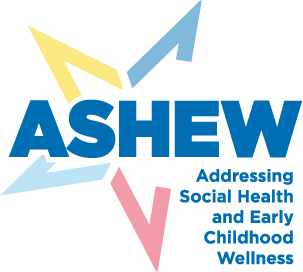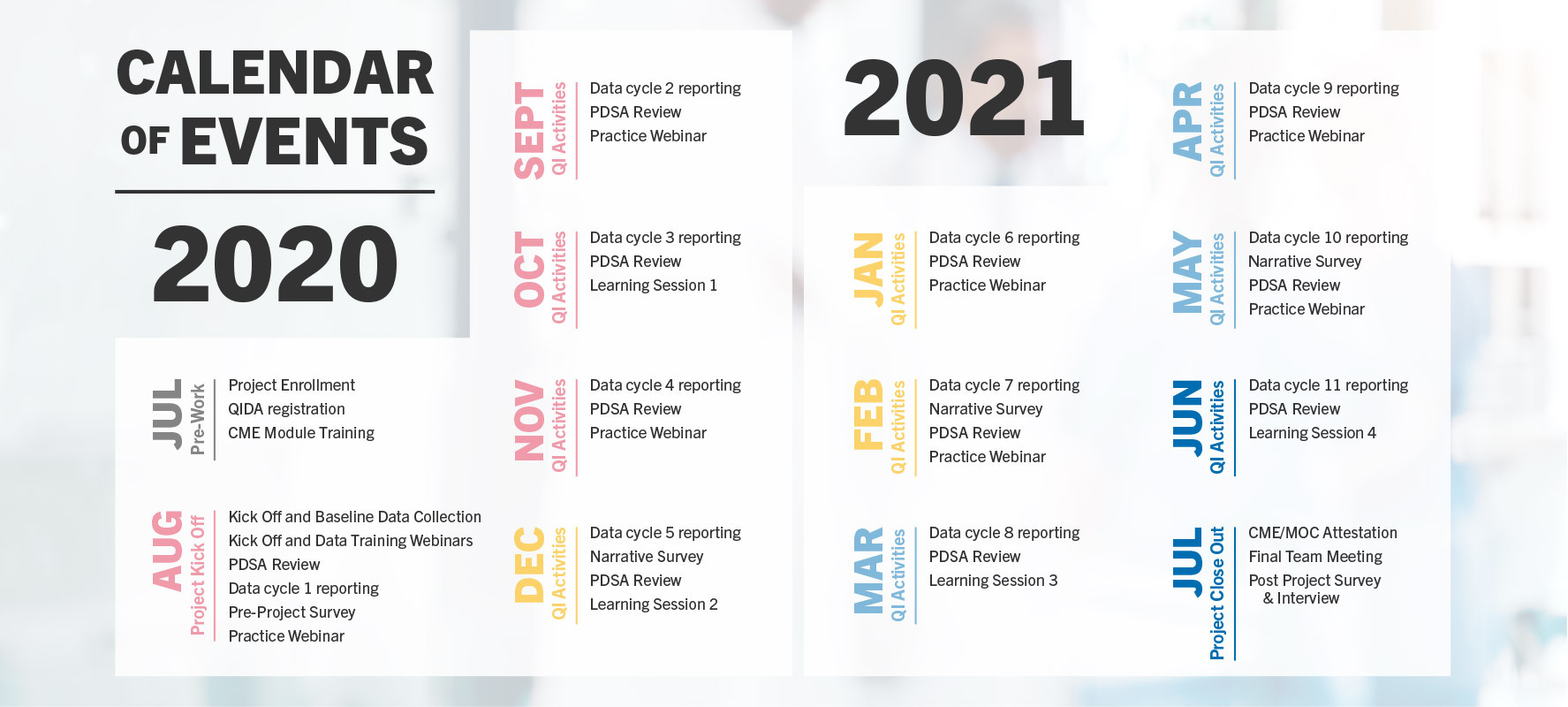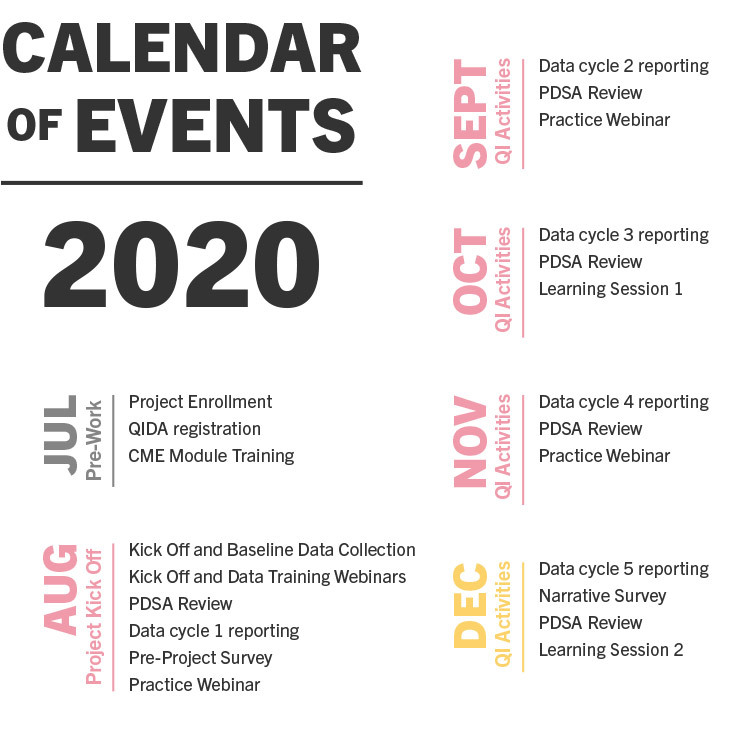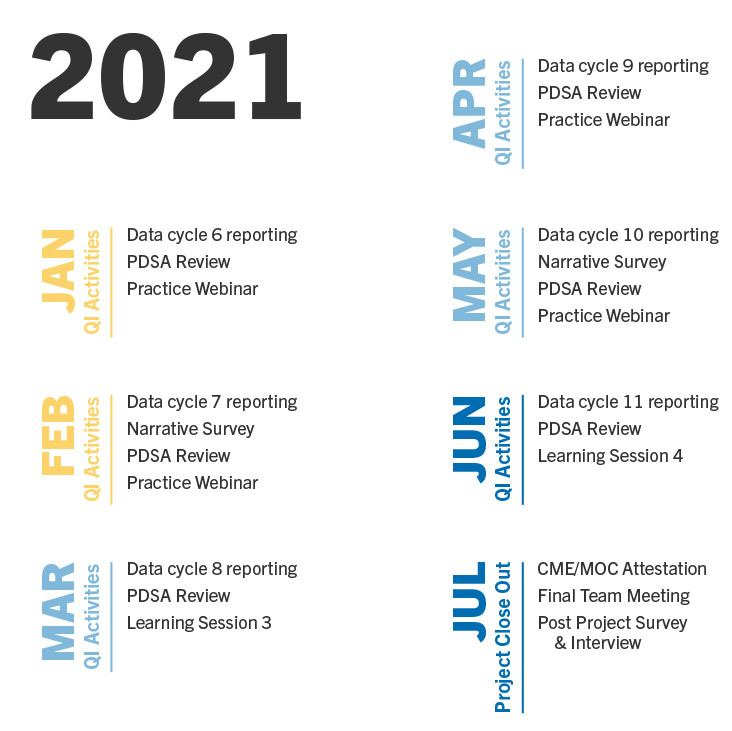Effectively Identify, Target, and Address Social Determinants of Health While earning MOC Parts II & IV and CME
Join the ASHEW QI Movement and Make a Greater Impact on the Lives of Children and Their Families in Wisconsin
About SDOH/ACEs Intervention Getting Started CME Participation Eligibility Contact
Effectively Identify, Target, and Address Social Determinants of Health While earning MOC Parts II & IV and CME
Join the ASHEW QI Movement and Make a Greater Impact on the Lives of Children and Their Families in Wisconsin

Addressing Social Health and Early Childhood Wellness (ASHEW)
The Addressing Social Health and Early Childhood Wellness (ASHEW) initiative seeks to improve the health, wellness, and development of children through practice and system-based interventions. Practices will increase rates of early childhood screening, counseling, referral, and follow-up for developmental milestones, maternal depression, social determinants of health and social-emotional development.
The Negative Impact of Stressful or Traumatic Events Experienced in Early Childhood
Social determinants of health (SDOH), as defined by the CDC, are the conditions in the places where people live, learn, work, and play that affect a wide range of health risks and outcomes.
While all people are influenced by SDOH, some groups face increased vulnerability. Growing research identifies the significant negative impact of stressful or traumatic events experienced in early childhood. Specifically, exposure to adverse childhood experiences (ACEs) can elicit toxic stress responses. This response produces significant biological changes that can have negative impacts on brain architecture as well as the nervous, endocrine, and immune systems and thus future disease including mental health. This is particularly problematic for children, as their brains are still developing, heightening their vulnerability to outside influences. Children in poverty (currently 21% of all US children) also face additional risk, as they are often exposed to a cluster of stressors that may result in high rates of infant mortality, developmental delays, asthma, ear infections, obesity, and child abuse and neglect.
The Role of Pediatric Intervention
Of the 31 recommended well child visits between ages 0 and 21, 15 take place in the first five years of life. This series of visits provides a unique opportunity to identify, promote, and facilitate positive interventions that impact the trajectory of a child’s physical, social-emotional, and cognitive development. In fact, Bright Futures reports growing evidence that early developmental, behavioral, emotional, and social interventions can have significant effects on lifelong health and wellness. Unfortunately, very few pediatricians and clinics are actually equipped to address social determinants of health and adverse childhood experiences, especially through trauma- and resilience-informed care.
Better Equip Your Practice to Effectively Address SDOH & ACEs
The Wisconsin Chapter of the American Academy of Pediatrics is offering an innovative QI initiative to improve pediatric intervention for SDOH and ACEs . The ASHEW initiative will provide participating practices with the strategies, tools, and resources needed to develop systems and processes for addressing maternal depression, social determinants of health, social-emotional development, and resilience in pediatric primary care practice. Participating practices will learn and apply quality improvement methodology to develop an efficient and effective workflow for assessing, counseling, referring, and following up. Key areas of focus will include enhancing family-centered care, creating a welcoming and culturally inclusive environment, and engaging with community partners to develop a comprehensive referral network to support the needs of children and families
Gain access to innovative resources to help implement change across all four interventions including:

Questionnaires for Screening

Conversation Starters for Impactful Counseling

Information on Developing Clinic Community Partnerships

In-Person & Virtual Strategy Building

Data Sharing

Expert & Peer Networking
Earn MOC Parts II & IV and CME While Enhancing Patient Care
25 points of American Board of Pediatrics (ABP) Maintenance of Certification (MOC) Part 4 credit and 20 credits of American Medical Association (AMA) Physician Recognition Award (PRA) Category 1™ Performance Improvement Continuing Medical Education (PI CME) will be available upon successful completion of the project. This project has received approval from the AAP Institutional Review Board (IRB).
Initiative Involvement and Participation
Participating practices will take part in a number of care improvement activities hosted and supported by the ASHEW team for the duration of the project.
Pediatric and Family Practice Eligibility
Pediatric primary care practices/clinics that wish to participate must:
 Identify a core QI team of at least three committed members.
Identify a core QI team of at least three committed members. Agree to fullfill the project requirement and participate in the project for its duration
Agree to fullfill the project requirement and participate in the project for its duration Have a sufficient level of organizational support (e.g., buy-in from senior leadership, autonomy, time, practice transformation readiness)
Have a sufficient level of organizational support (e.g., buy-in from senior leadership, autonomy, time, practice transformation readiness) If requested,participate as a team in a brief call to confirm eligibility
If requested,participate as a team in a brief call to confirm eligibilityDeveloping Your Core QI Team
Participating practice core QI teams should include these four member roles*:
Serves as the site champion and oversees MOC requirements for the site
Oversees practice implementation
Authorizes practice-level changes, submits data, and oversees patient scheduling and billing changes
Provides the parent/caregiver perspective to all aspects of the project
*Practices may opt to select a single team member to perform both clinical support and project management responsibilities.
ARE YOU READY TO GET STARTED?
Connect with the WIAAP/ASHEW Team to Get Started
The WIAAP/ASHEW team is here to help you through the registration and QI process! If you have any questions, would like to learn more about enrollment, or are ready to get started, please fill out the form below and a member of the WIAAP/ASHEW team will follow up with you shortly.




